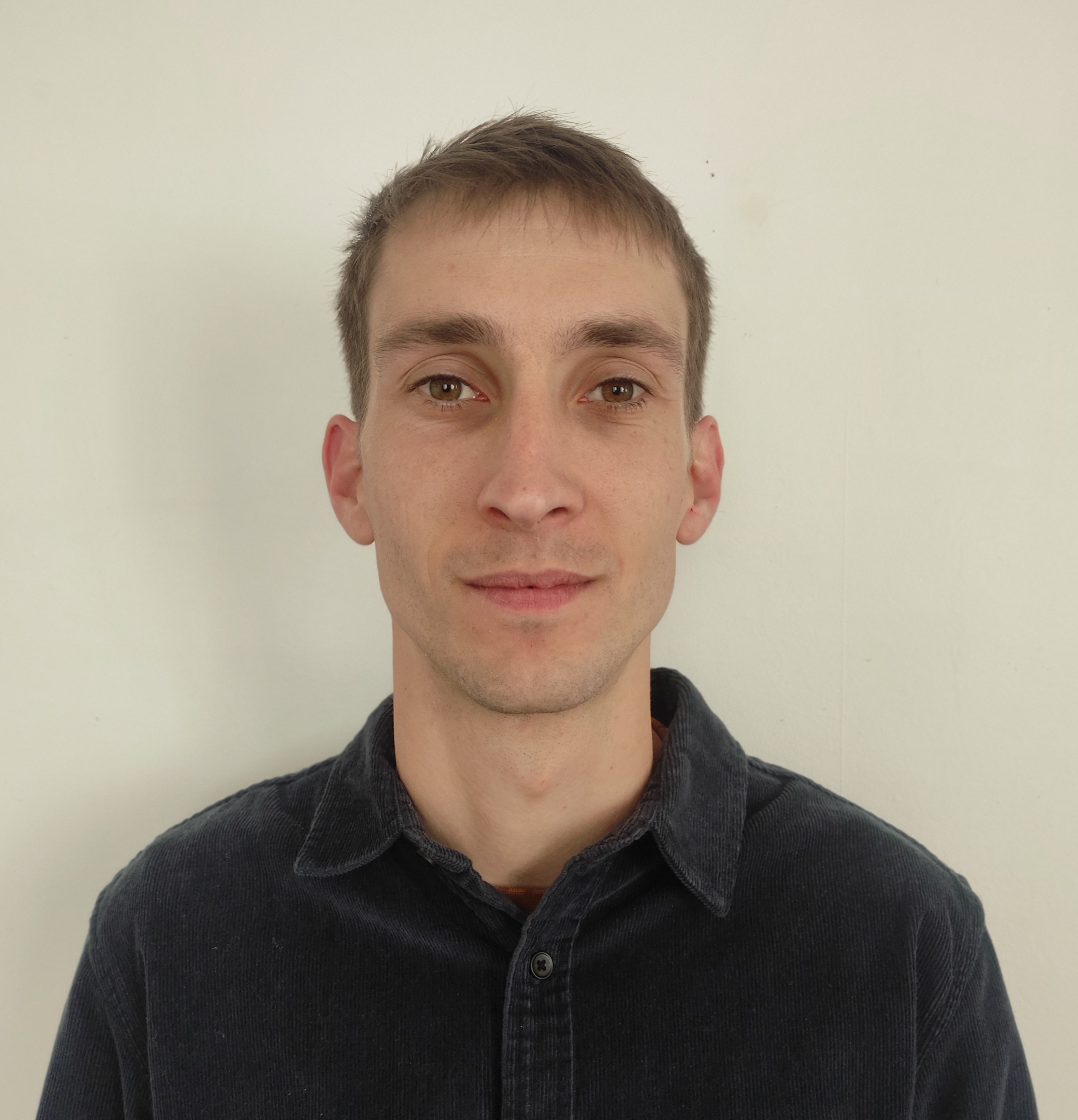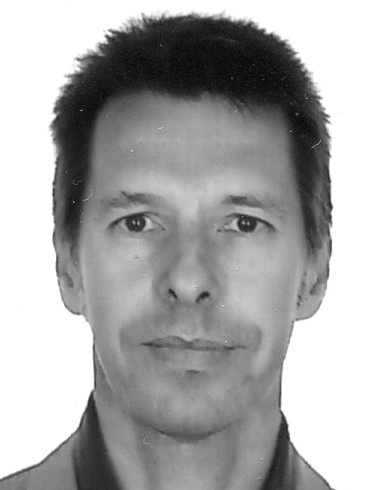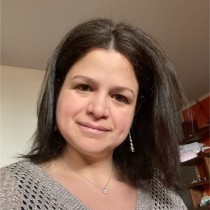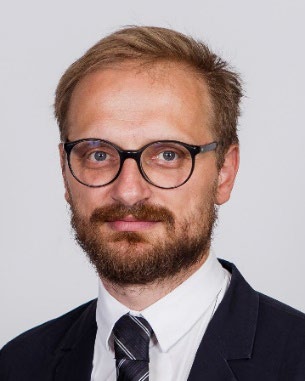Abstracts
Have a look at the lecture abstracts of this year's edition and explore the profiles of the presenters!
All times are UTC+2 (Paris, CEST - Central European Summertime).
The concept of the Digital Twin (DT) was introduced by the NASA in the 1960s during the Apollo missions, using simulators and digital models to analyze and prevent spacecraft failures. In 2002, Michael Grieves formalized the idea as mirrored spaces modeling, laying the groundwork for modern DTs. The NASA popularized the term in 2010, linking it to cyber-physical systems. With the rise of IoT, AI, and big data, DTs were adpted in the industry first, especially for factory monitoring. According to ISO 23247 (2021), a DT is a dynamic virtual representation of a physical system, updated in real time via data flows. Key components include sensors, realtime communication, digital records, data architecture, and human-machine interfaces.In the healthcare sector, a digital twin refers to virtual replicas of a biological system, a medical process, or a piece of equipment. It enables the monitoring of health evolution, the simulation of treatments, and the optimization of care. Thanks to this technology, healthcare professionals can better understand and anticipate patient needs, improve the management of medical infrastructure, and provide more precise and effective care. In this lecture, I propose a formal definition of a digital twin and several case studies related to healthcare. A practical serious game illustrating the application of DT in a hospital is also presented.
Lecture at NEMO2025
Date/Time: Thursday, July 17, 2025 at 08:30 UTC+2/CEST
This lecture will give a general introduction to NEMO 2025 Innovation Camp, created as one of the event contributing to the EU ERASMUS+ Project CoDEMO. The lecture will remind the ambition and plan of action of CoDEMO Project, dedicated to boost the European transition towards Society 5.0. Starting with key insights on the international vision of the transition towards Organizations 5.0, the lecture will first highlight the key elements of CoDEMO program, then emphasize the key action levers to innovate and transform organizations towards society 5.0 : the transition associates the digitalization process with the key dimensions of Human centricity, Resilience and Sustainability. The concrete transition path will be highlighted with concrete examples. This general introduction will then open the way to highlight the structure of the quick innovation process proposed for experimentation in NEMO Innovation Camp, including three main phases: Haptic Design Thinking for creativity, Conceptual Modelling for conceptual solution design and Cyberphysical systems for quick innovation prototyping. The lecture will end by introducing CoDEMO 5.0 community of practice, supported by OMILAB Innovation Community.
Lecture at NEMO2025
Date/Time: Tuesday, July 15, 2025 at 08:45 UTC+2/CEST
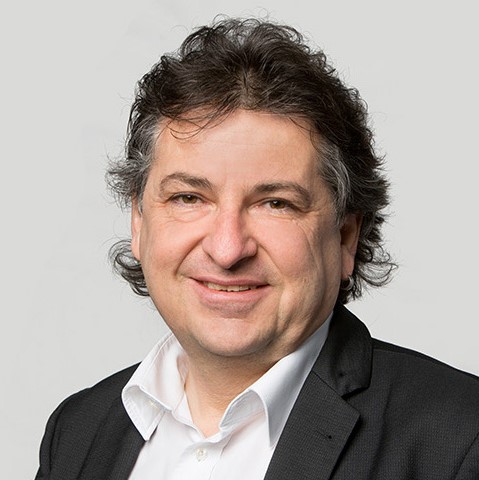
University of Applied Sciences and Arts Northwestern Switzerland FHNW, Switzerland
Conceptual modeling is a powerful approach for driving digital innovation by providing a structured framework to understand, communicate, and solve complex problems. Models are created using pre-defined concepts from a domain-specific modelling language. This lecture begins with an introduction to conceptual modeling, emphasizing the distinction between models and meta-models. A key distinction is made between models—representations of realworld systems—and meta-models, which define the rules and concepts of a domainspecific modeling language. Metamodeling enables stakeholders to agree on the meaning of the concepts fostering a shared understanding of what the model represents. Metamodeling is introduced with the ADOxx platform which can be used for developing the metamodel and graphical notation of a modelling language.Conceptual modeling is applied in design thinking, a user-centered approach to innovation. The Scene2Model approach transforms storyboards into digital assets, bridging the gap between creative ideation and technical implementation. Combining storyboarding, design thinking, and domain-specific modelling enables organizations to innovate effectively, aligning their innovative ideas with actionable, structured solutions and ensuring that all stakeholders share a common understanding of the solutions they design.
Lecture at NEMO2025
Date/Time: Wednesday, July 16, 2025 at 09:30 UTC+2/CEST
Despite their increasing relevance in both academia and industrial practice, Product-Service System (PSS) business models require further clarification and development to address the complexities and potential introduced by digital technologies. This lecture aims to provide foundational knowledge on servitization strategies, with a specific focus on digital servitization (e.i, the integration of advanced digital technologies into service-oriented business models). Through real-world case studies and practical examples, participants will gain a comprehensive understanding of how companies are rethinking value creation by shifting from product to service-oriented paradigms. A special emphasis will be placed on identifying barriers and opportunities in the digital transformation journey, including organizational, technological, and cultural challenges. Furthermore, the lecture will explore how an engineering approach, supported by appropriate tools and methods, can effectively support the conceptualization and delivery of PSS. This involves a systematic integration of product and service components to ensure value consistency throughout the lifecycle.
Lecture at NEMO2025
Date/Time: Wednesday, July 16, 2025 at 08:30 UTC+2/CEST
Participants will examine how digital model artifacts—originating from business model design— guide the realization of cyberphysical experimentation platforms. Special focus is placed on integrating semantic technologies with IoT hardware, fostering a holistic understanding of both technological feasibility and stakeholder alignment. Through this exploration, the lecture addresses the capabilities needed in a model-driven innovation lab and outlines the interdisciplinary skills expected from future digital leaders. Participants will gain insight into how domain-specific modeling and semantic transformation can bridge human understanding and machine execution within evolving organizational ecosystems.
Lecture at NEMO2025
Date/Time: Friday, July 18, 2025 at 09:30 UTC+2/CEST
Lecture at NEMO2025
Date/Time: Tuesday, July 15, 2025 at 09:45 UTC+2/CEST


